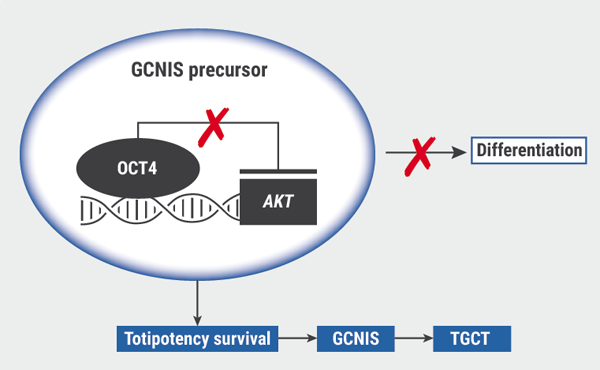"There are many different technologies to interrogate tumor features from liquid biopsies," Dr. Joaquin Mateo of Vall d'Hebron University Hospital in Barcelona told Reuters Health by email. "Some of them have already been validated and received regulatory clearance, such as CTC counts, but many are in development."
"It is critical that we integrate these technologies into clinical trials so we can accelerate their development," he said. "Hence, there is a need for all stakeholders - academic institutions, pharmaceutical and biotech companies - to push together for validating and clinically qualifying these novel biomarkers, so we can use them properly to improve patient care."
"Clinicians (need to) learn how to interpret results from these tests," he added. "In many cases, the yield of tumor DNA or cells in circulation is too low to confidently call any molecular features, but clinicians need to be aware of when a test is negative (absence of a biomarker) versus inconclusive (absence of sufficient material allowing for conclusive results) - and that different liquid biopsy tests may have different sensitivity and specificity for detecting different biomarkers."
As reported in European Urology, Dr. Mateo and colleagues conducted a systematic review of the relevant literature from 2005 to July 2020.
Key findings include the following:
- Overall, liquid biopsy has emerged as a practical tool to profile tumor dynamics over time, elucidating features that evolve with tumor progression - i.e., genome, epigenome, transcriptome, and proteome.
- Liquid biopsy tests include analysis of DNA, RNA, and proteins that can be detected in CTCs, ctDNA, or extracellular vesicles.
- Blood-based liquid biopsies have shown promise for localized tumors - i.e., diagnostic signatures, risk stratification, and disease monitoring - and advanced disease (response/resistance biomarkers and prognostic markers).
- Most clinical applications have been developed in the advanced metastatic setting, where CTC and ctDNA yields are significantly greater.
- Assay standardization and analytical/clinical validation are necessary before these tests can be routinely implemented in the clinic.
The authors state, "Liquid biopsies can accelerate biomarker development for precision care in PC. As novel biomarker-driven therapies are validated, liquid biopsies also represent an inexpensive opportunity to facilitate the implementation of genomic testing into community practice, where metastasis biopsies are less common than in academic centers."
"In addition," they note, "research on novel features from liquid biopsy analytes, such as 'fragmentomics' (based on ctDNA fragment sizes), tissue-of-origin analysis, and methylation profiling, could potentially be informative in earlier tumor stages."
Dr. Pooja Ghatalia of the Department of Hematology/Oncology at Fox Chase Cancer Center in Philadelphia commented in an email to Reuters Health, "I agree with the authors that liquid biopsy has a prognostic role in metastatic prostate cancer and may also play a role in disease monitoring. Next-gen sequencing of ctDNA can also help detect actionable mutations such as BRCA2 and MSI (microsatellite unstable)-high disease in patients who cannot be biopsied."
"High levels of both CTC and ctDNA correlate with poor prognosis, and changes in the levels of both CTC and ctDNA during therapy have been shown in multiple studies to correlate with treatment response, especially in metastatic tumors," she said. Nonetheless, "at this time, ctDNA and CTC cannot replace PSA for disease monitoring, as further validation, standardization of cut-offs and easy access to providers are needed."
SOURCE: https://bit.ly/2NRxKCx European Urology, online January 7, 2021.
By Marilynn Larkin
Posted on
Previous Article
« Rising thyroid cancer incidence in youth may suggest overdiagnosis Next Article
IV ferric carboxymaltose tops IV iron sucrose for iron-deficiency anemia in IBD »
« Rising thyroid cancer incidence in youth may suggest overdiagnosis Next Article
IV ferric carboxymaltose tops IV iron sucrose for iron-deficiency anemia in IBD »
Related Articles
August 31, 2021
Best of EAU: Highlights on bladder cancer

August 24, 2020
Infertility and testis cancer risk: causal or association?
© 2024 Medicom Medical Publishers. All rights reserved. Terms and Conditions | Privacy Policy
HEAD OFFICE
Laarderhoogtweg 25
1101 EB Amsterdam
The Netherlands
T: +31 85 4012 560
E: publishers@medicom-publishers.com

